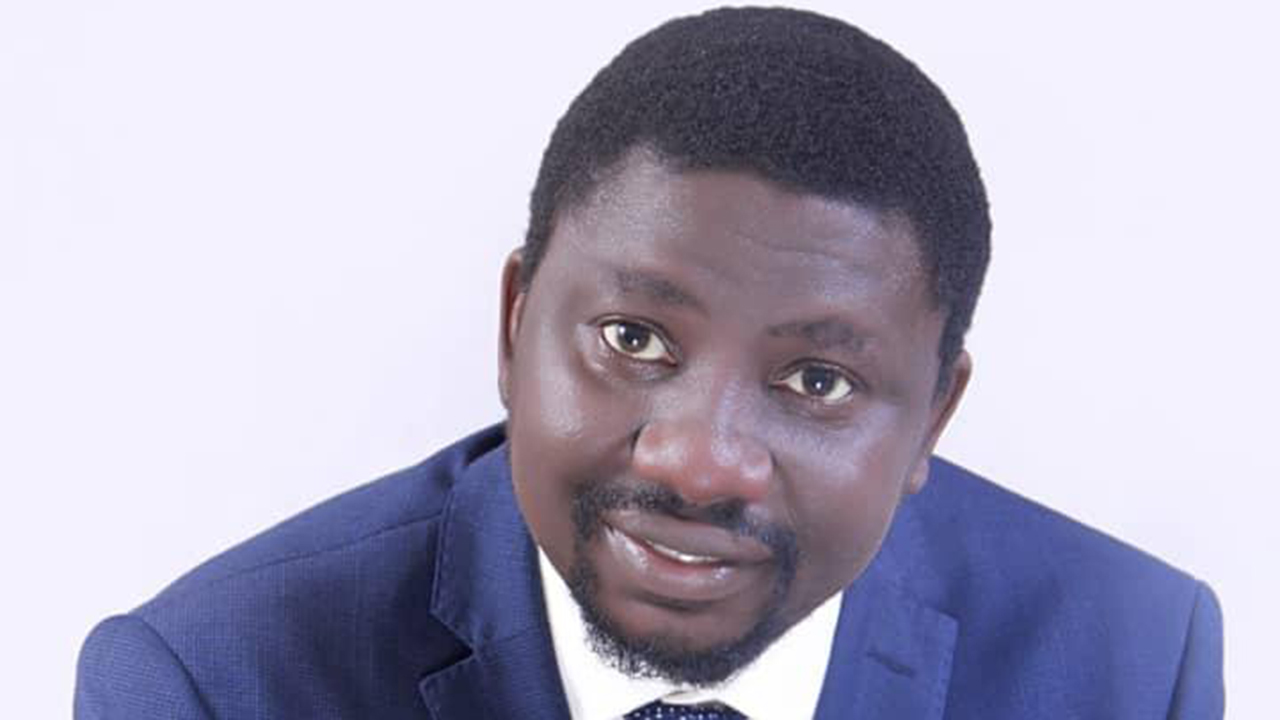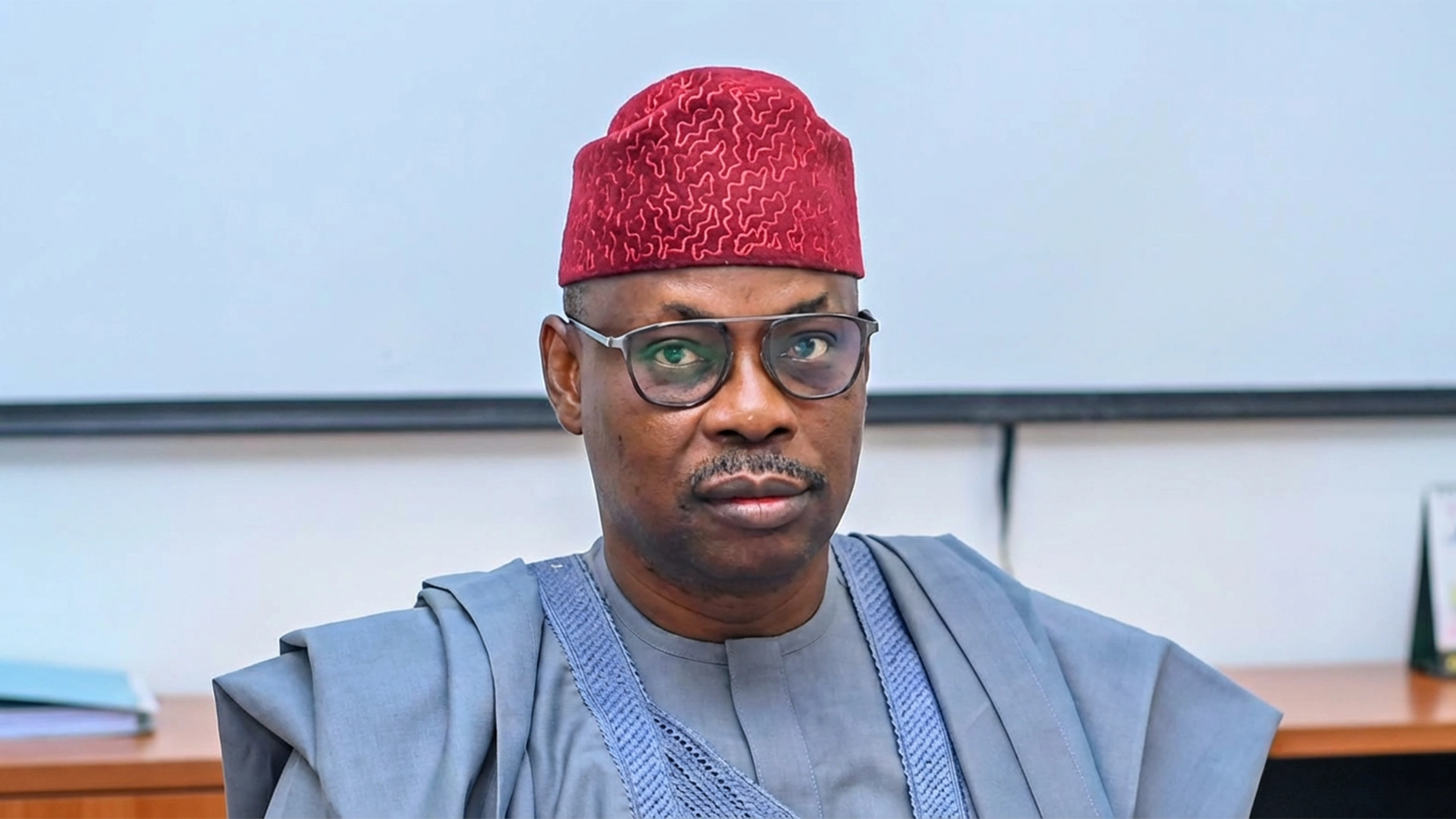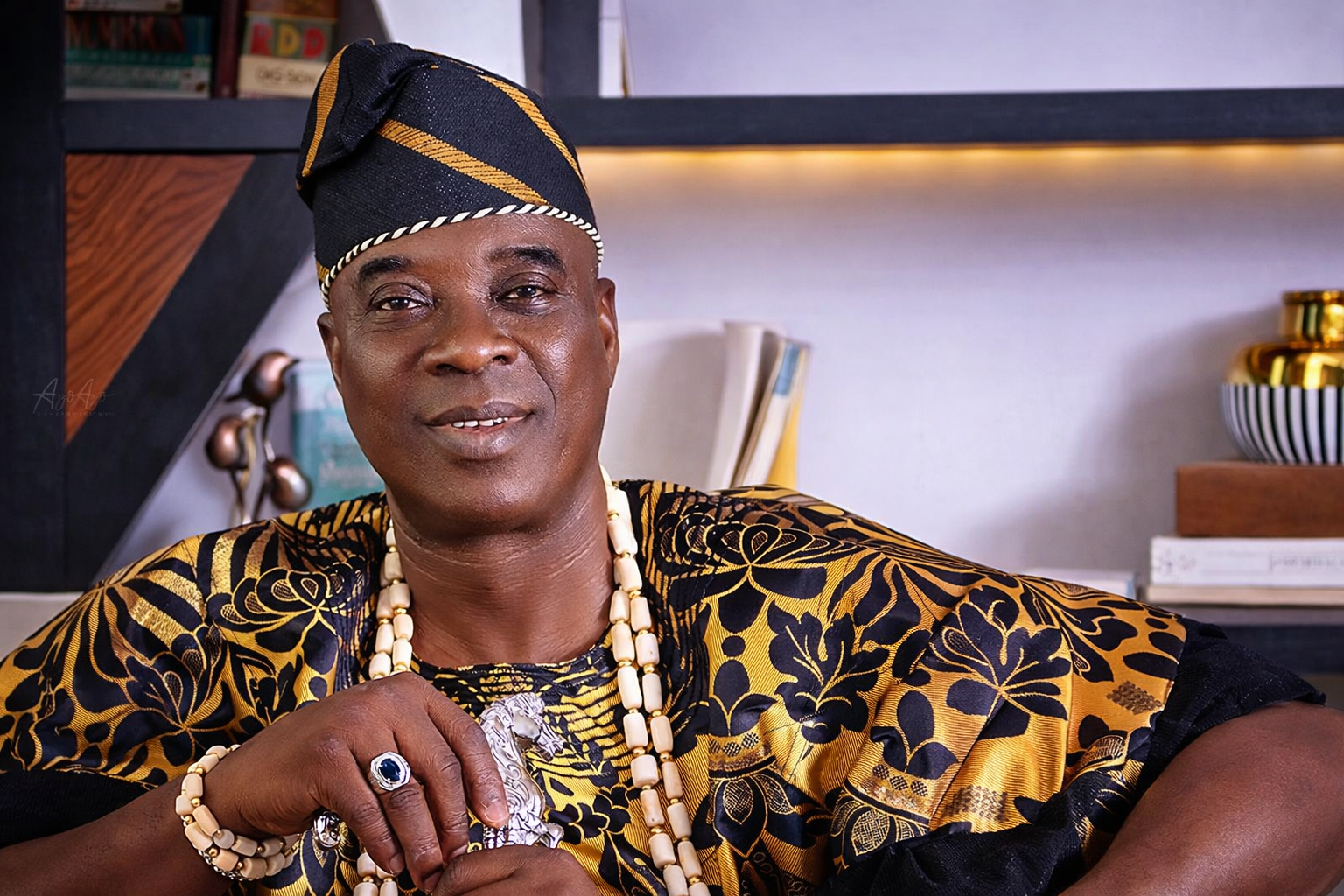
Dr. Bokolo Bonsome is the Managing Director/Chief Executive Officer of Regenix Healthcare Services Limited with head office in Yenagoa, Bayelsa State. In this interview with ENIOLA DANIEL, he spoke about the future of health insurance in the country and brain drain in the health sector, among others.
Health insurance in Nigeria looks like a scam, due to the level of sensitisation. Why is it so?
NIGERIA is still very much behind, in terms of awareness level, when compared to some African countries like Kenya, South Africa and Rwanda.
The level of sensitisation and information available is very low. This is because the Act that established the health insurance is very porous. It didn’t make insurance compulsory, so it became a thing for only the elite.
The first set of people that entered into it was civil servants. Their own aspect is being run by the National Health Insurance Scheme (NHIS).
It was that template that private insurance companies like ours built on. The private health insurance companies have the restriction that, except they have up to 10 members of staff, they cannot insure. And even if you have more than that, you don’t have to insure because it has not been made compulsory by the Act.
However, there is good news, as the current Senate just passed a bill to make it mandatory. We are waiting and hoping that the President will sign it. If that is done, I’m sure that the level of awareness will increase.
Why do you think some Nigerians don’t want to key into the scheme?
Before health insurance came, a lot of people did not actually have confidence in insurance, because before now, people didn’t believe insurance companies were paying.
We have an attitude in Nigeria where people budget for everything but never budget for health. So, you have a situation where people don’t think it’s necessary to reserve a portion of their money in case they fall sick.
Even those who are entitled to it don’t believe in its functionality. Almost all insured public servants didn’t use insurance for more than five years, because they didn’t know it was working.
The argument then was that healthcare was on the concurrent list, which means that the local, state and Federal governments could legislate on health.
So, a state government didn’t see why it should take its money and go and domicile in a Federal government programme. But NHIS, having identified this fact, formulated a strategy where states can run their own programme. About 10 states are fully into the programme. These include Lagos, Bayelsa and Delta, among others. We were part of those running that of Kaduna State, so, there is a conscious effort to increase penetration.
What is your view on the budgetary allocation to the health ministry?
Nigeria’s budget for healthcare is really disappointing, especially when compared to the World Health Organisation’s (WHO) benchmark. With a rapidly growing population, the need for health infrastructure is enormous.
Our medical centres, from primary to tertiary need structural rehabilitation and equipping. There is increasing need for training of healthcare professionals, as modern technology emerges and skill gap widens. How are we going to achieve this, with the kind of money budgeted?
Take a look at our health indexes; such as maternal mortality and disease prevalence, we are almost at the bottom on almost every single one of them in the world. And we don’t see anything wrong in the rich seeking healthcare abroad without looking inwards.
I think the next Senate needs to prioritise health financing, even if the executive doesn’t make the provision. There is also need for health care act that makes a provision for one per cent of revenue for both primary care agencies and health insurance schemes. If this is done, then at least, this huge lacuna funding gap will be reduced to some extent.
Do you think health insurance, when made compulsory, will discourage medical tourism?
Not totally, but it will go a long way. We have a problem with medical tourism in Nigeria. Those who engage in it are the people in the upper class. And whether they pay for insurance or not, they will still want to access services outside the country, where they believe it is better. But again, with health insurance and high penetration, hospitals in Nigeria are becoming richer. So, they are beginning to have more facilities and I think it would eventually curb medical tourism.
What is the risk in having few Nigerians subscribing health insurance?
Our health insurance penetration is low. It’s a reflection of our access to healthcare. And it portends a great danger to the society, as it further helps to widen poverty gap. This is the cycle: You get sick, you use your savings to pay, and you get broke and broken. You are incapacitated and so can’t work to provide. You slip into poverty and the cycle continues, causing devastating blow to the family and the society.
People are desperate when there is an urgent need for healthcare, and this may not be unconnected with some of the crime in our society. It is better imagined what desperate steps a young man or woman can take, if told to provide financial deposits for a sick parent. You know health insurance is the gatekeeper providing healthcare access to sick people without that immediate burden of having to pay from the pocket.
Furthermore, people with insurance cover have better health seeking behaviour, leading to early diagnosis and treatment, which helps in reducing mortality in patients with cancer, diabetes and hypertension, among others.
Let me put it this way, health cover for all classes will be a panacea to healthier, richer society, especially if the vulnerable group, which includes women, children and elderly people are covered.
What is your company doing in that regard?
When we came into the industry, we were one of those that came a bit late, but we came with the zeal to do things differently. We came to increase awareness, create competition in the market, as well as ensure that access to service was possible.
When we came in, the few companies we got saw that people could actually enjoy and benefit a lot from our service. We came in with the zeal to make sure that the Nigerian health insurance became competitive for everybody. We are in about 15 states now. Our head office is in Yenagoa.
Recent reports allege that about 12 doctors leave Nigeria weekly. What do you think can be done to stop this?
The government needs to be a little bit more sensitive to the plight of doctors. First and foremost, we have people who can’t afford to pay for medical services. The private sector can’t afford to absorb all these doctors. The Federal government is not employing. No medical doctor wants to be idle.
There is need for a deliberate drive for absorption of medical doctors in the country. The private sector needs to be improved in such a way that they can afford to accommodate medical doctors and pay them even better than what government can pay. Most doctors that leaving are unemployed or underemployed.
What are your future plans?
By the first quarter of next year, we intend to have our base in 25 states, and we are going to bring some innovations into the health insurance industry that will increase access to healthcare. There are some components people haven’t looked at, and we are looking them, including the vulnerable group and those that can’t afford to pay.
We are working out a programme to assist them, so that they can also benefit from the service. We are also looking at community based insurance, even though it’s difficult in terms of cost recovery, but it’s something we are looking forward to.
What do you think Nigeria must do to achieve the Universal Health Coverage (UHC)?
I think the first thing is legislation to ensure that health insurance is mandatory and affordable, with protection for the poor and vulnerable. Without legislation, there will always be lack of commitment to compliance with this obviously standard principle of modern healthcare financing. The present law is very defective as it is. How is it a law if compliance is optional? I am particularly thankful for the passage of the amended bill that will make it mandatory, thus ensuring that employers, whether public or private provide coverage for employees. This will at least increase penetration and leave us with how to solve the informal group and community based cover. However, the President needs to urgently give assent to this bill before the tenure of this Senate expires in June, so we don’t turn back the hand of time with this very positive achievement.
Aside this is the issue of public enlightenment. It remains a major challenge as even health care professionals like doctors, nurses pharmacist don’t have a full understanding of how this works.
What do you think are the challenges hindering Nigeria’s progress towards achieving UHC?
There is so much bickering in the industry between insurance companies and healthcare providers (the hospitals.) Arguments exist every day on the issue of pre-authorised healthcare policy, tariff and regulated patient management, among others. There is complete need for understanding and cooperation in the health management system. If you ask me,
I think NHIS and the Ministry of health need to have regulations in terms of minimum setup criteria for hospitals,
drug/medication advisory systems, billing or some form of Universal tariff system for providers to create the harmony.
Also the society must come to accept this as a viable way of health financing, so that they can take ownership and be part of the solution. They are the primary beneficiary if the system works and so, must be frontal in understanding the principles and policies, as well as provide advocacy for compliance and penetration, form of Universal tariff system.






